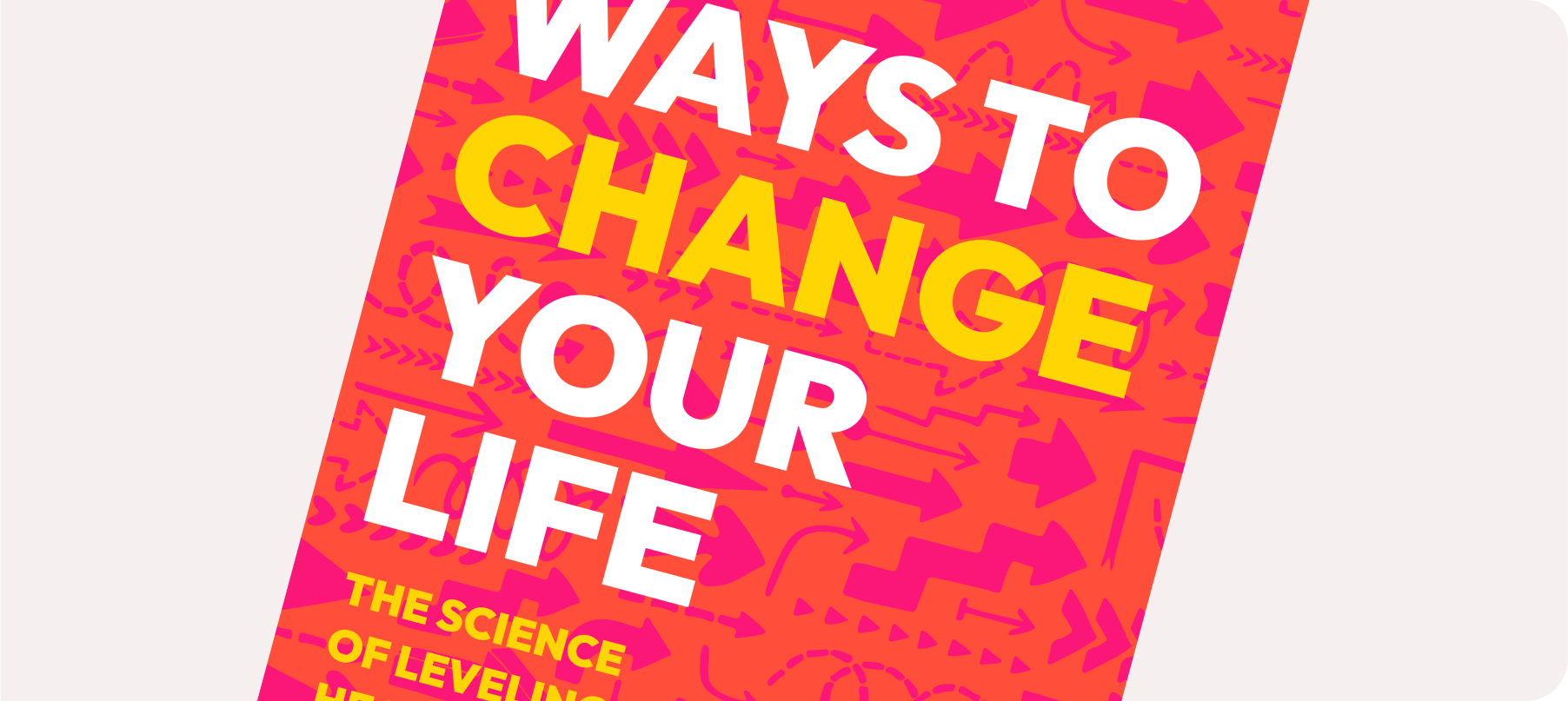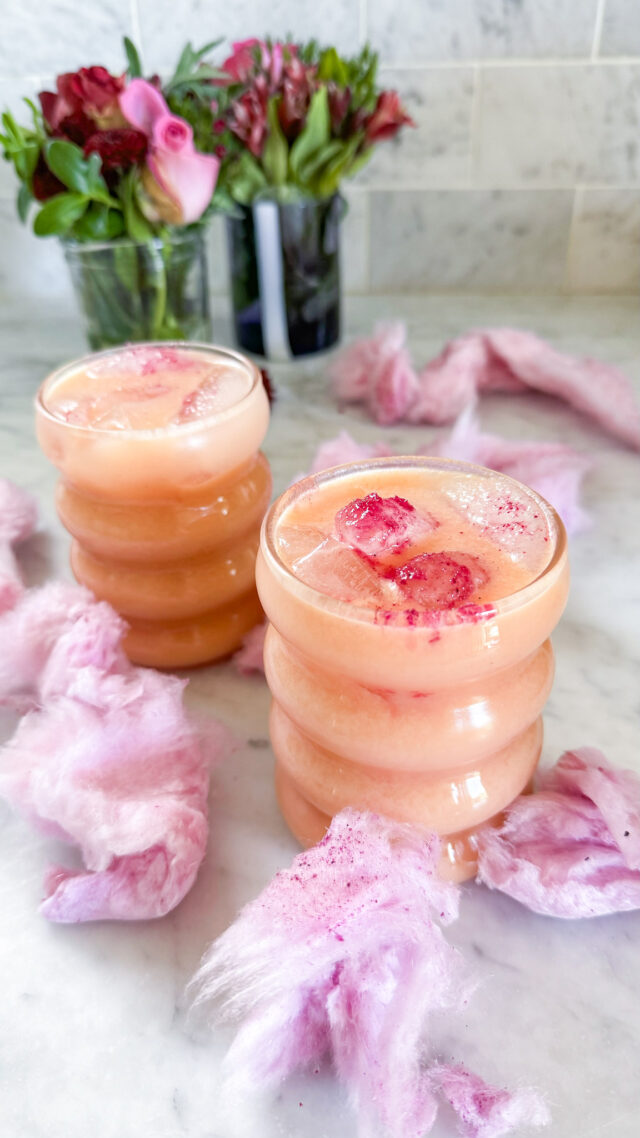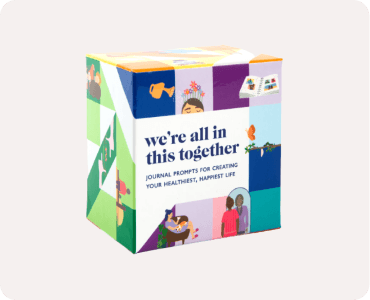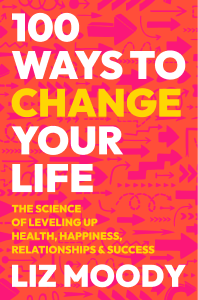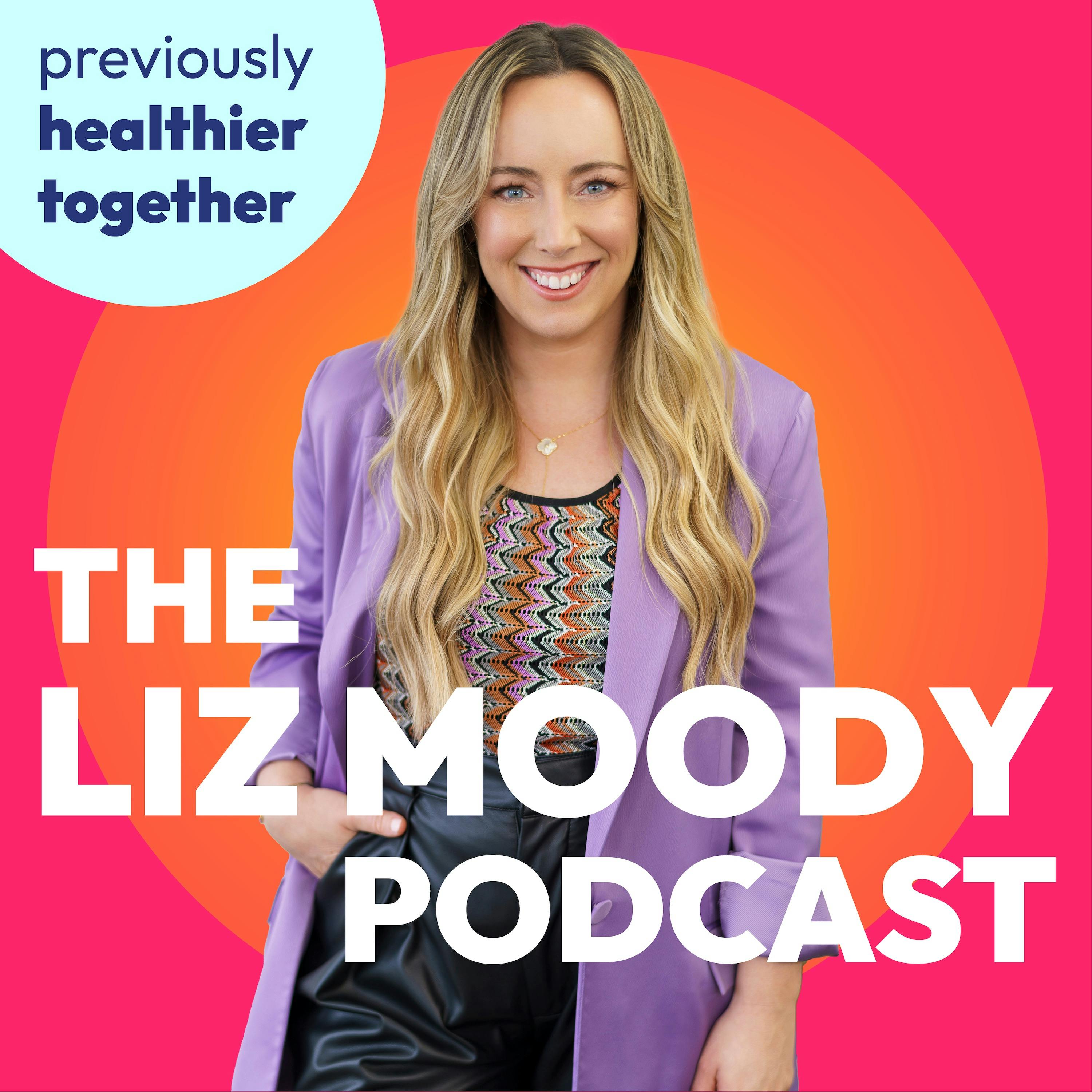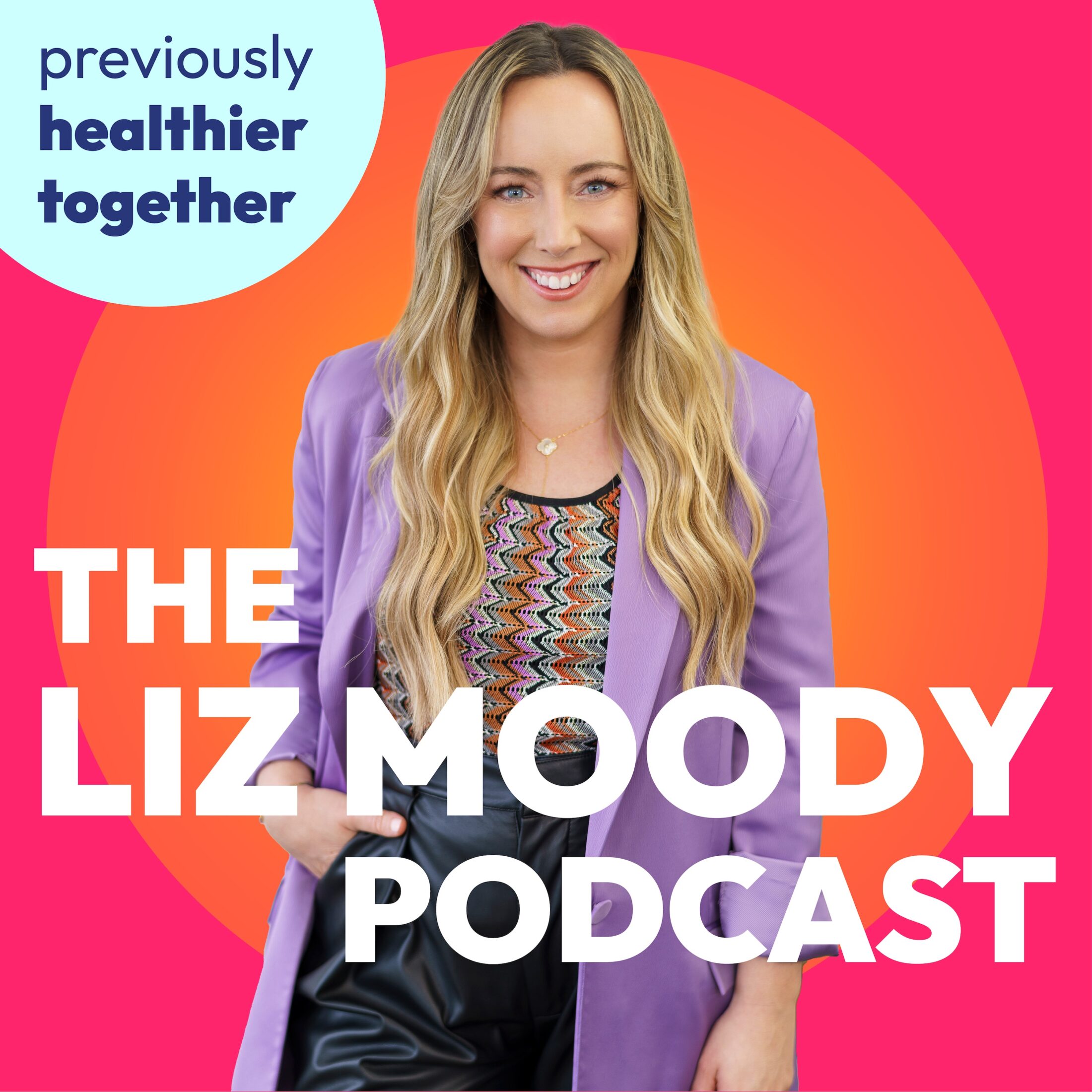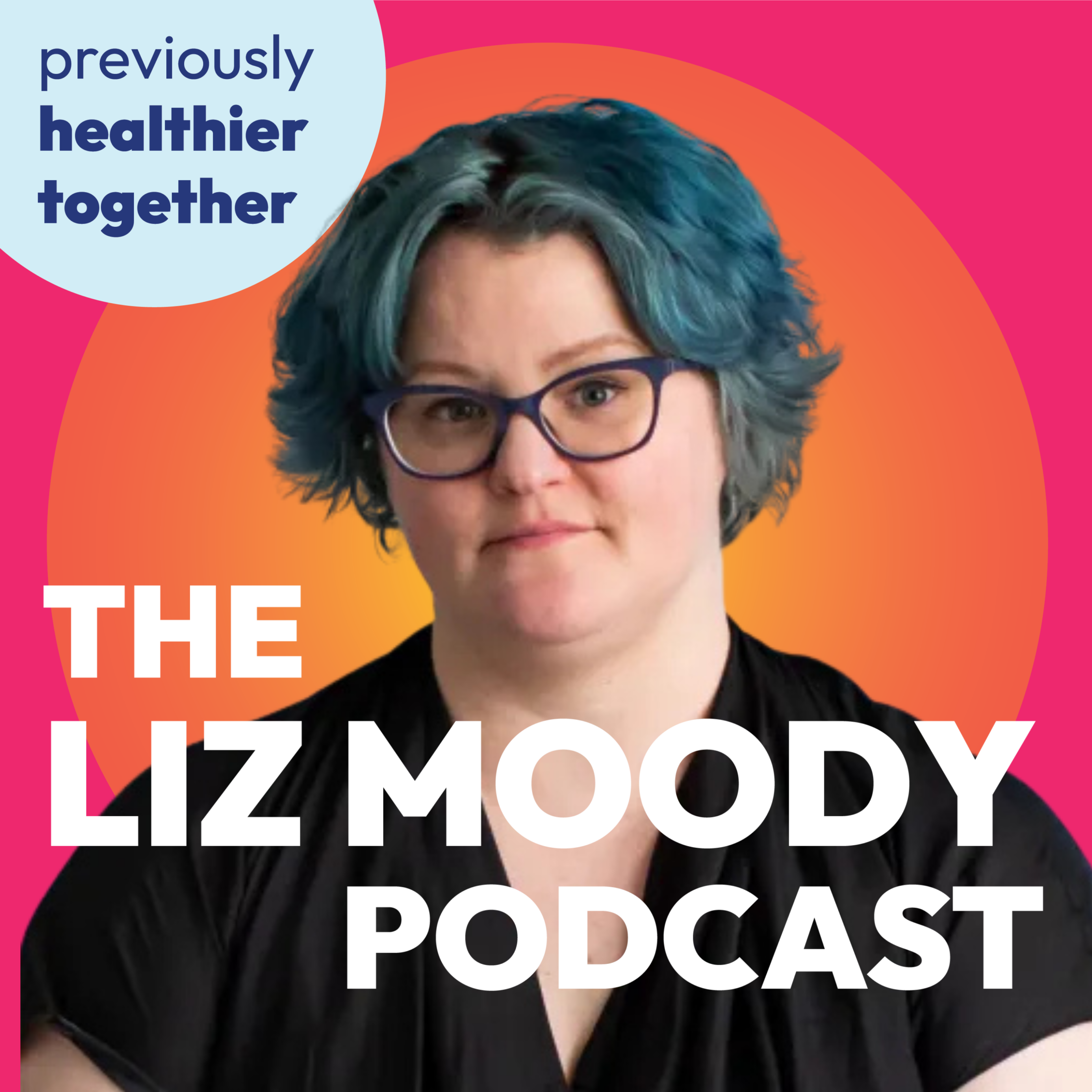In this episode of the Liz Moody Podcast, I’m joined by my husband Zack to discuss my experience with intentional drinking and both of our sober curious journeys. I talk about my previous relationship with alcohol, factors that led me to drink less, and the positive impacts on my mental health and social life. I offer some tips for replacing alcohol with healthier habits, navigating social situations, and maintaining strong relationships without alcohol. The episode is packed with personal stories, scientific insights, and actionable advice for anyone looking to explore or transition to a more intentional approach to drinking.
00:00 Introduction
00:46 Defining Intentional Drinking
02:13 The Turning Point: Why I Stopped Drinking
05:14 Health Impacts of Alcohol
06:46 Finding Your Why and Mental Health
09:11 Tips for Avoiding Vices
13:20 Having Fun Without Alcohol
17:05 Navigating Social Situations
19:53 Work Social Events Without Drinking
20:58 Dealing with Anxiety and Alcohol
24:06 Encouraging Loved Ones to Stop Drinking
27:40 Strengthening Social Life Without Alcohol
30:28 Conclusion
Check out the other episodes mentioned of The Liz Moody Podcast:
The Health Effects Of Alcohol Part 1: Gut Health & Cancer with Dr. Robynne Chutkan & Dr. William Li
The Health Effects of Alcohol: Hormones & Brain Health with Dr. Aviva Romm & Louisa Nicola
Ready to uplevel every part of your life? Order Liz’s book The Science of Leveling Up Health, Happiness, Relationships & Success now!
To join The Liz Moody Podcast Club Facebook group, go to www.facebook.com/groups/thelizmoodypodcast.
Connect with Liz on Instagram @lizmoody, or subscribe to her newsletter by visiting www.lizmoody.com.
This episode is sponsored by:
AG1: visit drinkag1.com/lizmoody and get your FREE year supply of Vitamin D and 5 free travel packs today.
The Liz Moody Podcast cover art by Zack. The Liz Moody Podcast music by Alex Ruimy.
Formerly the Healthier Together Podcast.
This podcast and website represents the opinions of Liz Moody and her guests to the show. The content here should not be taken as medical advice. The content here is for information purposes only, and because each person is so unique, please consult your healthcare professional for any medical questions.
The Liz Moody Podcast Episode 269.
